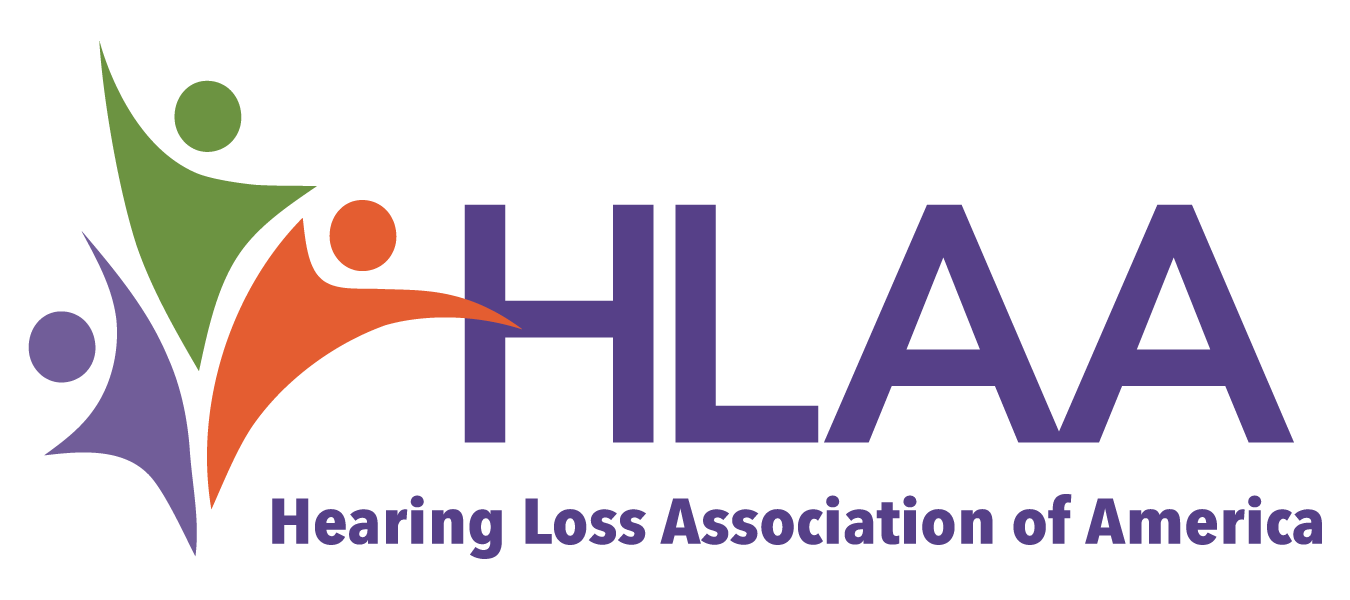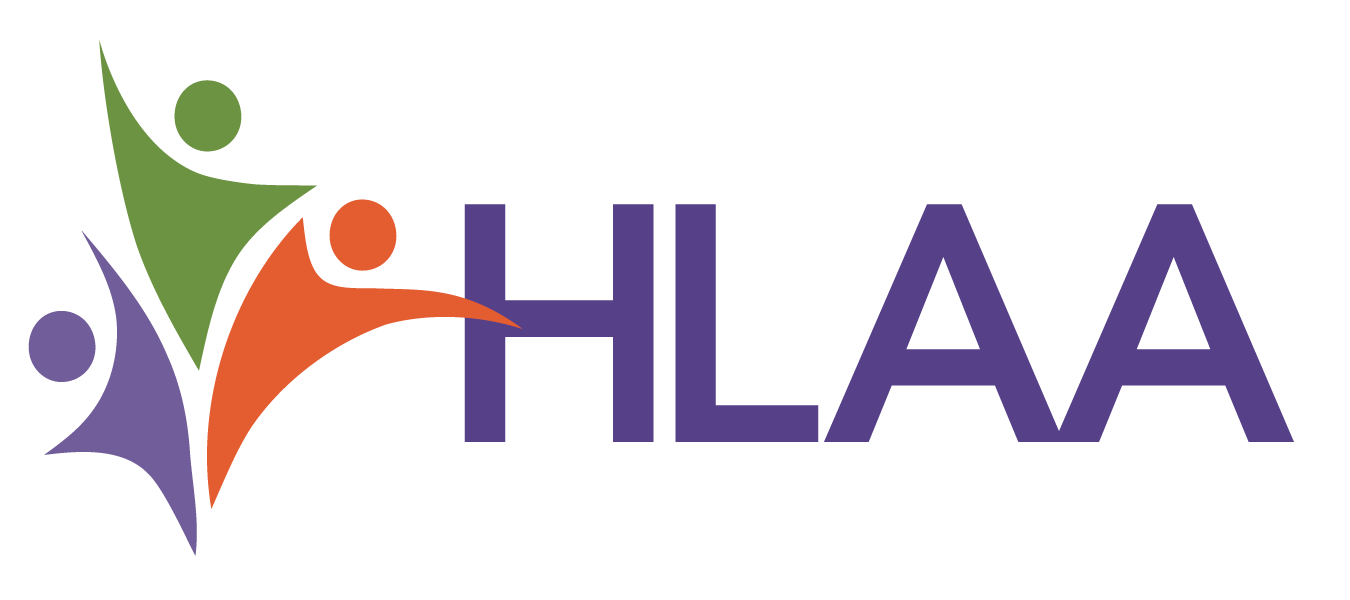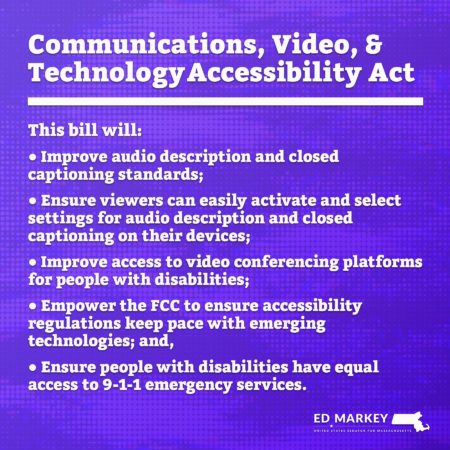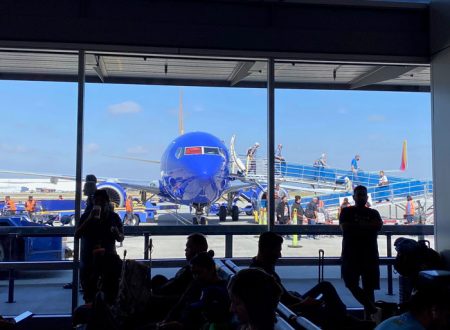HLAA ACTION ALERT
On July 25, 2023, Senator Edward Markey (D-MA) and Representative Anna Eshoo (D-CA-16) reintroduced the Communications, Video and Technology Accessibility Act (CVTA) bill.
Senate bill number: S. 2494
House bill number: H.R. 4858
Urge Your Representatives in Congress to Support This Important Law!
HLAA fully supports this much-needed update of the original 21st Century Communications and Video Accessibility Act (CVAA), intended to bring online and digital accessibility current with modern technologies developed since it passed in 2010. For example, it would mandate closed captioning for online video and multimedia programming, enhanced built-in accessibility functions for videoconferencing services and many additional key provisions to support people with hearing loss, low vision, mobility issues and other disabilities.
HLAA Chapters and State Organizations—please sign up to support this legislation:
We also invite HLAA members, the greater hearing loss community and allies to write to your federal representatives urging them to co-sponsor and support CVTA. The more we make our voices heard and share personal stories of communication technology barriers, the stronger our chance of getting this passed to ensure digital equity for people with disabilities well into the future.
Contact your representatives today!
FIND YOUR CONGRESSMEMBERS DOWNLOAD SAMPLE LETTER TEMPLATE
See the entire proposed bill and read Sen. Markey’s press release with HLAA Executive Director Barbara Kelley’s comments in support of this critical legislation:
SEE FULL CVTA BILL READ THE NEWS RELEASE DOWNLOAD THE ONE-PAGER
Know Your Rights When You Fly
HLAA has partnered with the U.S. Department of Transportation (DOT) and other disability organizations for a public service campaign to raise awareness about the rights of air travelers with disabilities.
The campaign, #AccessibleAirTravel, publicizes the Airline Passengers with Disabilities Bill of Rights, which was developed by DOT to help individuals and airlines understand the rights of people with disabilities, including hearing loss, to safe, dignified and accessible air travel.
Learn more about the Airline Passengers with Disabilities Bill of Rights:
About the Americans with Disabilities Act (ADA)

The Americans with Disabilities Act (ADA)—landmark civil rights legislation that prohibits discrimination against people with disabilities—was signed into law on July 26, 1990.
The ADA has been opening doors for many people with disabilities over the last 33 years. There are also many other federal, state and local laws that protect the rights of people with hearing loss and other disabilities. You should check with your local legislators for disability rights laws in your state.
Some of the ADA communication requirements that HLAA helped to enact:
- Employers with more than 15 employees must provide reasonable accommodations on request, including assistive listening systems in the workplace for employees with hearing loss.
- Public places must provide effective communication for people with hearing loss. This may include hearing loops, captioning and CART, or a sign language interpreter.
- Health care settings like hospitals and doctor’s offices are included in public places that must accommodate people with hearing loss.
Hearing loss is an “invisible disability,” and accommodations may not be obvious.
- Know your rights
- Ask for appropriate accommodations
- Notify authorities if accommodations are not available



